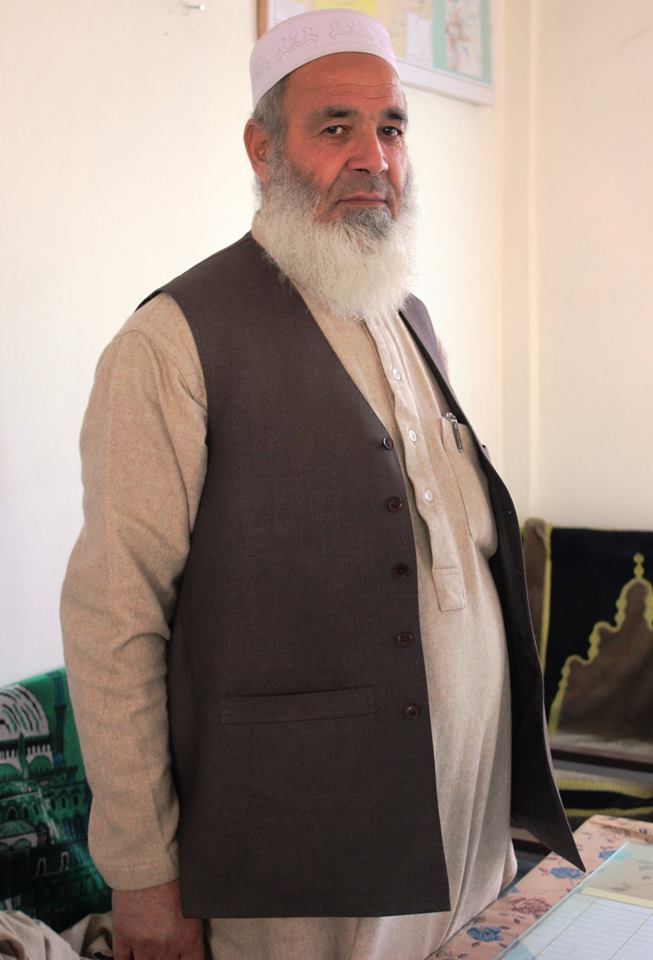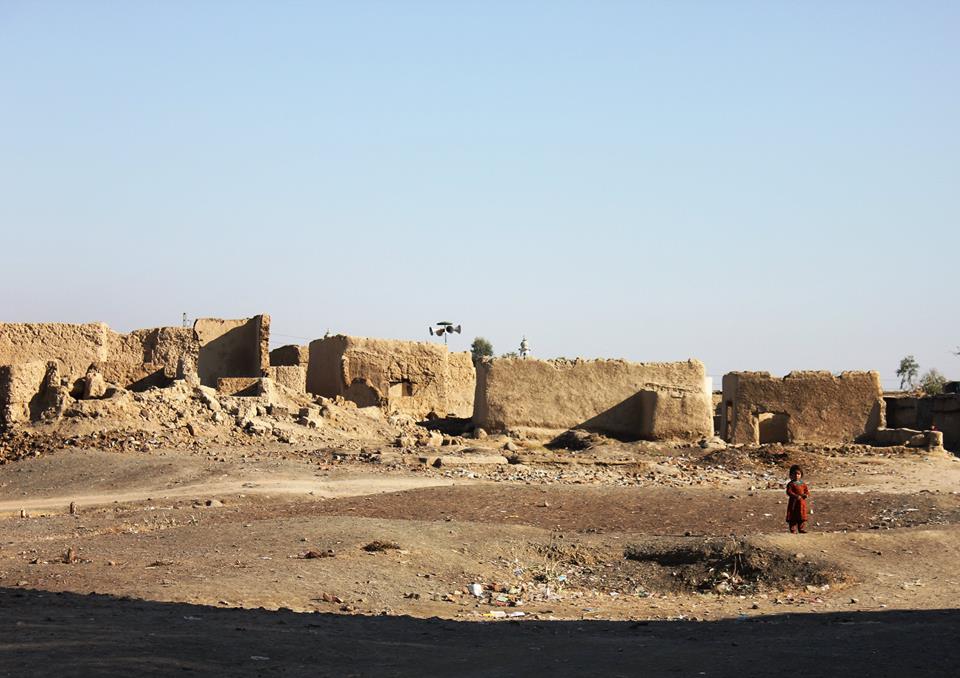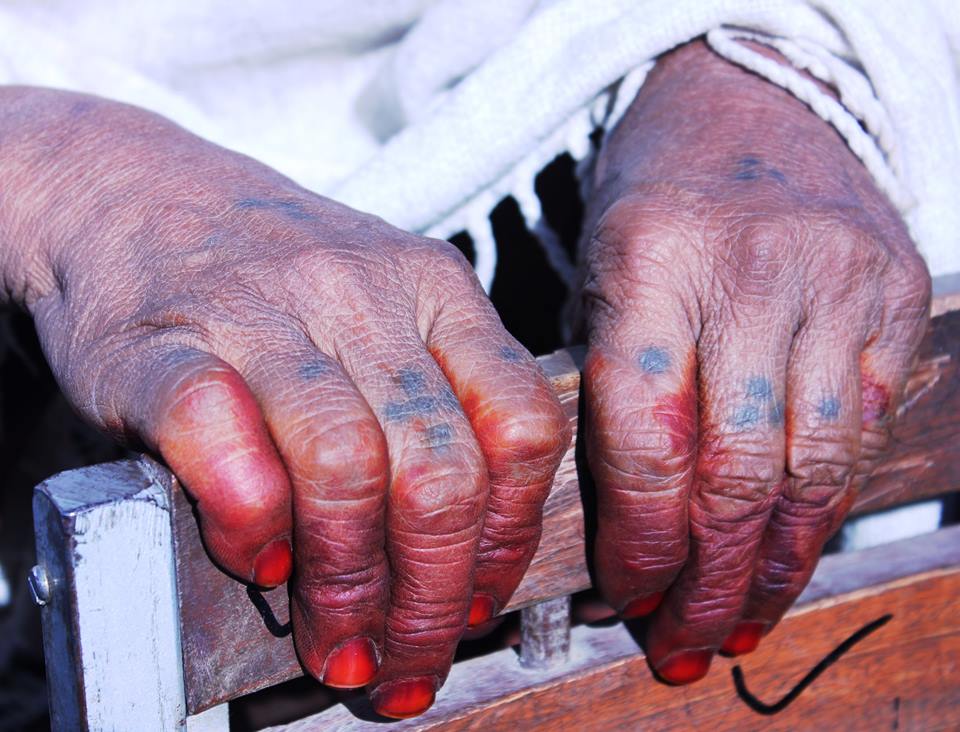In the Khyber Pakhtun Khwa (KPK) region of Pakistan, I traveled to a primary school for Afghan refugee girls to meet with Afghan mothers whose children had received polio vaccinations, and to speak with the women (or Lady Health Workers as they’re known) leading community sessions which sought to raise awareness about immunisation, nutrition, and other things besides. These communities are entirely destitute, so education of any kind as you can imagine, is gold dust.
As I walked into the school gates, fashionably late, I saw more than eighty women sat waiting in the school courtyard listening to a female health worker talking about the importance of nutrition. She entreated them warmly, speaking in Pashto: “Sisters, if you don’t look after yourselves, how can you expect to take care of your babies? It’s your fard (obligation) to yourselves to eat well.”
One of the ladies working at the school greeted me and told us how these women had been waiting five hours just to meet me and the photographer I was travelling with. I had to swallow a lump in my throat as I became slightly overwhelmed, watching these women from the back although they braved to look at the curious idiot every now and again, crumpling her face in an effort to hide any emotion. I wouldn’t wait an hour for someone I had never met, let alone five hours.
The health worker finished her session, and introduced me. I suddenly felt incredibly small as eighty pairs of eyes bore intensely into my bumbling face. My facial muscle has a mind of it’s on when I’m nervous, so it started to involuntarily contract. What an idiotic Brit I must have looked, coming in with my anglicised, Pakistani dialect of Pashto and my jerky body language. I apologised for keeping them waiting and asked them to bear with my poor language skills as I tried to speak in their mother-tongue. All eighty of these women laughed affectionately with me, telling me I was their sister and that I was welcome. I felt like a stand-up comedian for a split-second, with a not-so-common audience of Afghan women who wore the burqa.
As I went around to speak to these women, I noticed many of them had dots tattooed onto their faces and their hands. I asked them what they were and they explained how it was tradition for young Afghan women to have these “khaal” or dots tattooed before they hit puberty.
In Afghanistan there are no tattoo artists with professional tattoo guns at the ready that look like hairy bikers, just an elderly woman with her pale blue burqa flung behind her head like a cape, poised to prick the skin with three needles dipped into dye sourced from a plant.
One of the elderly ladies laughed jovially, and said “Well of course it did!”
I urged her to allow me to take a photo of the tattoos on her face. “Your face is so khashta (lovely), how can I not?!” I said to her.
This woman in her 70s suddenly became so bashful like a newly-wed bride who had just been complimented on her radiant beauty, it made me laugh. She smiled and covered her face with her saadar (scarf), and said I could take a photograph but only if she covered her face.
At the risk of producing another Orientalist image which would add to an already overflowing pile of stock images of seductive, oppressed Afghan women with beautiful eyes and a burqa veiling them from the camera lens, I decided to take a photo of her hands instead.


